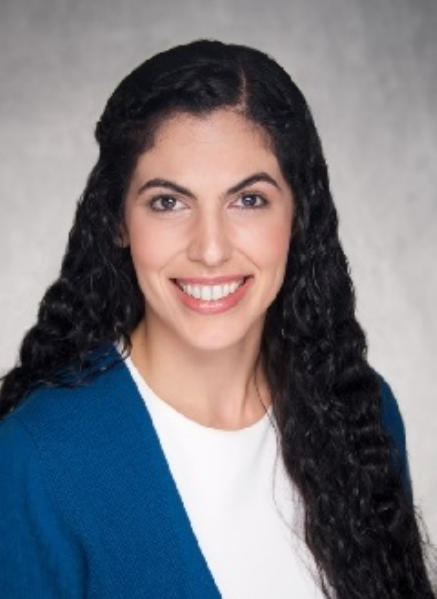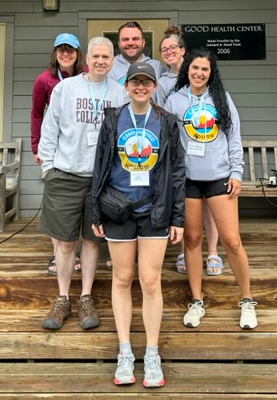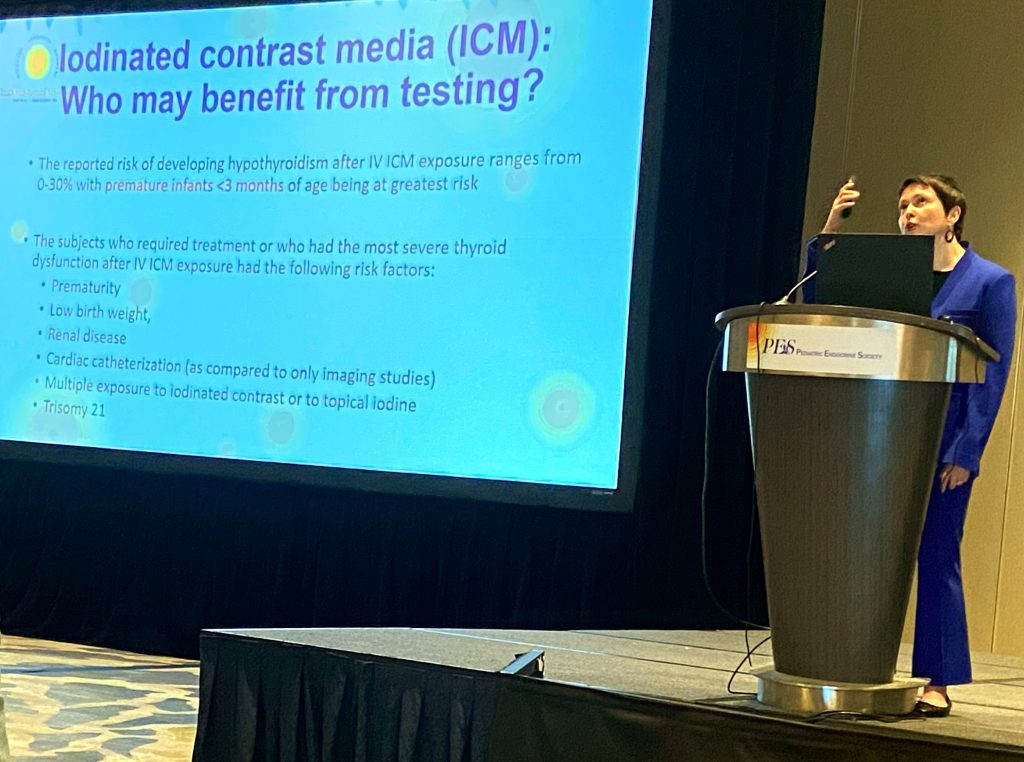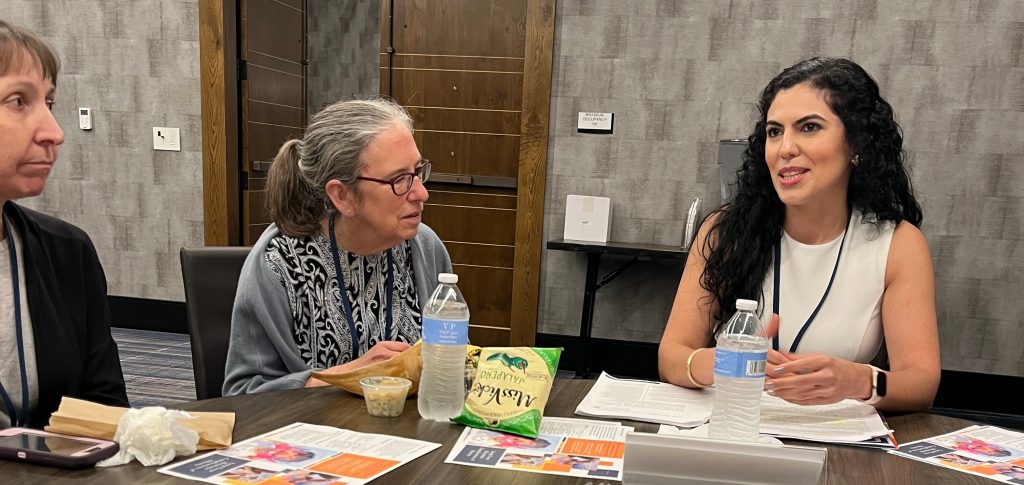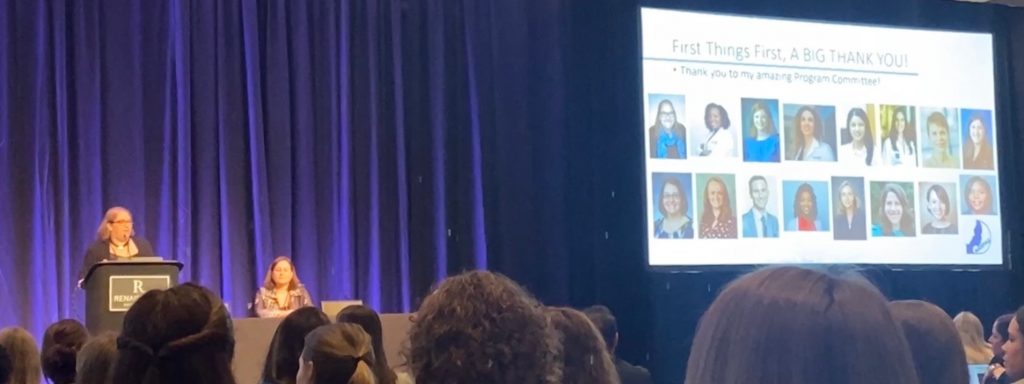
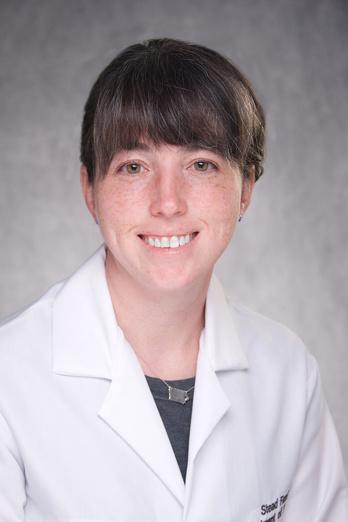
Why does diabetes happen in some children who have experienced pancreatitis? A new study from Dr. Larson Ode and Dr. Pinnaro, along with a former research fellow Dr. Parra Villasmil, delves into this very question, uncovering unexpected patterns. Their work has been just published in the Journal of Pediatric Gastroenterology and Nutrition. The manuscript, titled “Early mechanisms of diabetes development in pediatric pancreatitis – a pilot study”, explores the complex interplay between pancreatitis and diabetes risk in children. Diabetes is a serious complication for children with pancreatitis, affecting nearly 9% during childhood and up to half over a lifetime. Despite this high risk, little is known about the underlying mechanisms or biomarkers that predict which children are most vulnerable. This study takes an important step toward filling that gap. Their findings revealed that 35% of participants exhibited dysglycemia, often linked to insulin resistance. Could insulin resistance be the key mechanism that drives diabetes risk? Another surprise finding was that dysglycemia was associated with higher pancreatic polypeptide levels. These results will help inform future studies that could pave the way for earlier detection and/or targeted interventions to prevent diabetes in this high-risk population. The manuscript is indexed on PubMed at this URL.


